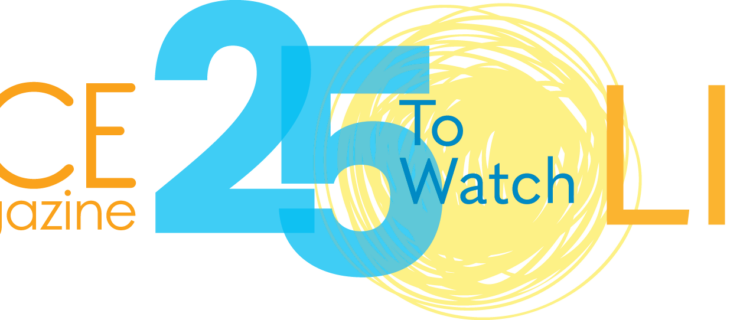Too Full? “Over”-eating can be a sign that you’re under-fueling
If you’ve ever experienced a stomachache, fatigue or even nausea after eating a larger meal, then you know what “over”-eating feels like. Whether it was during the holidays, over a festive weekend or simply after dinner at the end of a long dance day, chances are you stepped away from the table feeling discouraged about losing a self-imposed degree of control around food.
But overeating is often a signal that your body needs more food—a signal you shouldn’t ignore. You deserve to feel at peace with your body, and with food, so if you consistently struggle to honor your fullness, learn how to listen to your body’s requests for adequate fuel and nutrients.
What is “Over”-Eating?
Overeating means eating to a point of physical discomfort, usually because you’ve consumed a greater volume of food than your body is accustomed to. We all do it from time to time, and most often it doesn’t indicate a disorder—there is a major difference between overeating and binge eating. Binge Eating Disorder (BED), one of the most common types of eating disorders in the U.S., is characterized by recurrent episodes of feeling a loss of control around food, such as from eating large quantities of food very quickly and without turning to inappropriate compensatory behaviors to “make up for” the calories consumed. If you think you might have signs of BED, you can get information and support via the National Eating Disorder Association helpline.
What can be confusing is that diet culture glorifies restrictive eating habits. It’s common for dancers to severely underestimate their energy needs and not eat enough to meet them; as a result, what feels like “over”-eating might actually be your body eating enough to support its physical and metabolic needs. Biologically, we’re wired to fight these restrictions as hunger hormones surge. This explains why dieting doesn’t work long-term, despite the myth of willpower—willpower is just a temporary tool co-opted by diet culture to shift the blame from diet to dieter.
“Over”-eating is culturally constructed in a way that imposes guilt and shame upon those who experience it. However, “over”-eating is a very normal response to under-eating, either from unintentional restrictions (such as from a busy schedule) or intentional ones (such as from disordered eating). Regardless, your body is relaying an important message to you. Rather than feeling defeated, consider these three actionable tips to navigate the physical, mental, and emotional aftermath of “over”-eating.
Make Space for Discomfort
Using a judgment-free approach, scan your discomfort after a larger meal. Can you find ways to relax and let it pass? Maybe change into loose, comfortable clothing. After you’ve had time to digest, consider easy movements like foam rolling or light stretching. These activities help to increase blood flow, promote digestion, and create space for listening to the feedback from your body. Last, prioritize hydration to aid in digestion and alleviate reflux and indigestion.
Skip the Temptation to Detox
Food is not the enemy, it’s not a toxin, and we don’t need to detox from it. But diet culture conditions us to feel shame and guilt when we eat to a point of physical discomfort. The shift from feeling very in control around food to feeling very out of control around food is less a product of willpower and more a product of restriction. So rather than intervening on the behavior of “over”-doing it, remove the point of deprivation: Consistent meals and snacks will support your physical health, fuel your energy, and promote your well-being.
Consider Compassionate Curiosity
From every experience comes an opportunity for discovery. With an attitude of compassionate curiosity rather than self-judgment, think about the possible reasons you may have eaten beyond a comfortable level of fullness. It’s possible that your body is compensating for energy not provided during the day. Reflect upon your body’s natural, normal hunger, and find ways to both honor it and proactively plan for it with consistent meals and snacks. This might mean packing convenient options for emergencies like times when you’re unable to get away from the studio, or sudden schedule changes. From there, begin to understand your fullness and satisfaction cues.
If you’re unsure about how to utilize food to support your body’s energy needs, then reach out to a registered dietitian nutritionist for personalized guidance. Free resources are also available for dancers.





